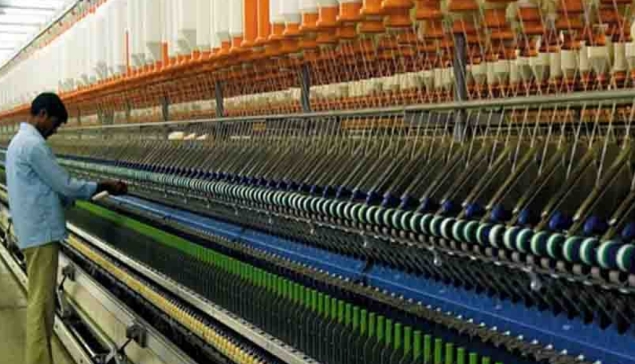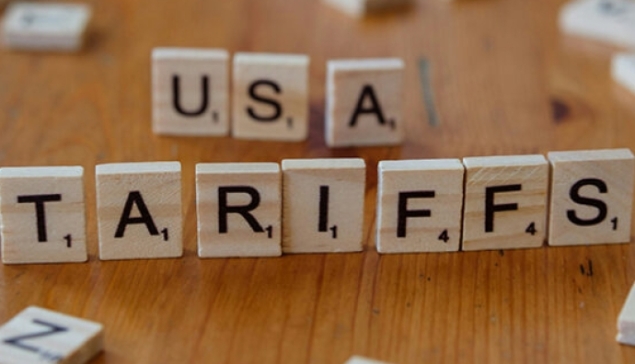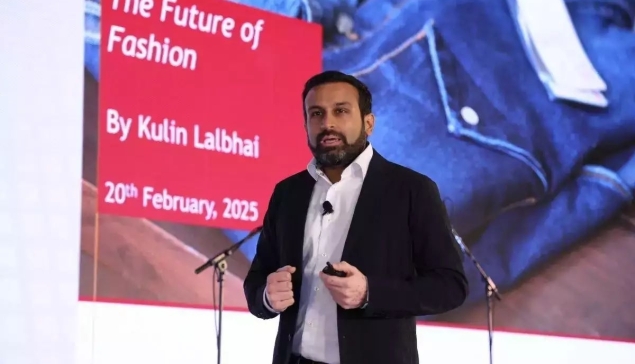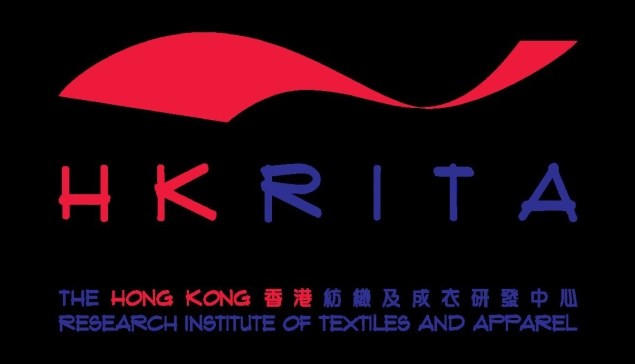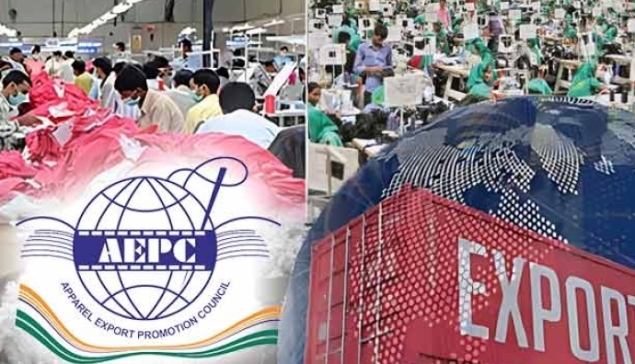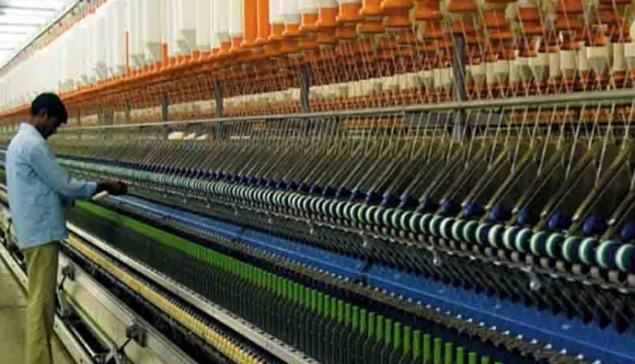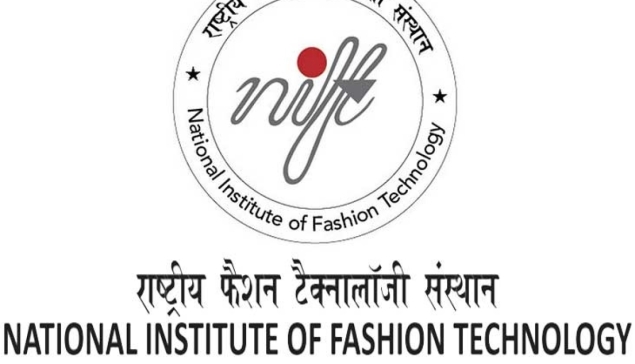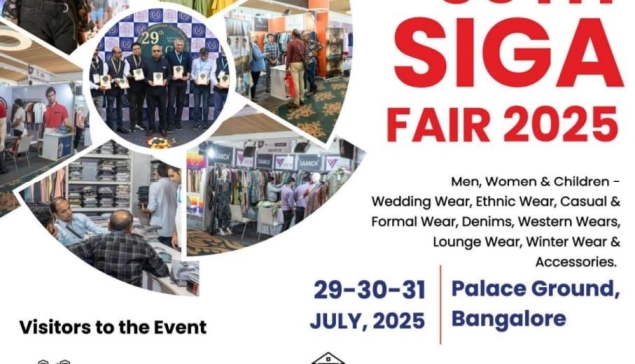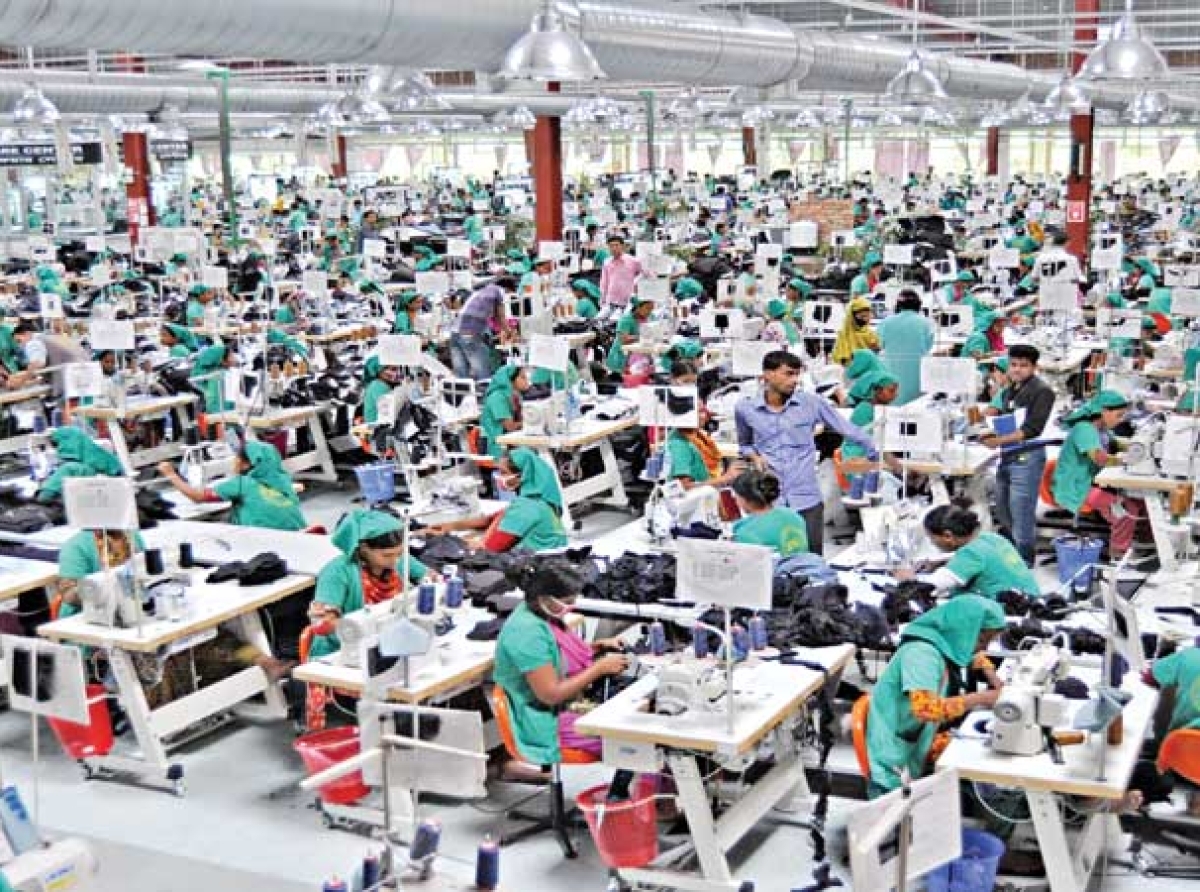Twelve years after Rana Plaza collapse, it is high time for legal protection for workers
Thursday, 24th April, marks twelve years since the collapse of the Rana Plaza building in Bangladesh. At least 1138 people died, the large majority of them garment workers in one of the five factories that the building housed.
Although fashion brands professed in 2013 that this disaster would be a catalyst for change in their supply chains, actual progress has been limited to issues regulated by binding agreements.
Clean Clothes Campaign calls upon brands to stop making and breaking meaningless promises and commit to binding obligations.
Rana Plaza was not a freak incident, but a cumulation of deeply ingrained systemic issues plaguing the apparel industry.
Despite an evacuation the day before, the cutthroat pressure of global supply chains meant that the work inside the building continued the next day.
The poverty wages in the industry made workers enter under the threat of withholding pay. Lack of freedom of association meant that workers could not collectively resist.
Fearing backlash after the collapse, fashion brands initially made sweeping promises to do better. Most notably, H&M promised to pay living wages in its full supply chain within five years.
Crucially, it took the pressure of one million signatures to convince brands to sign a binding agreement on building safety.
Twelve years on, factories in Bangladesh are much safer, but poverty wages and lack of freedom of association prevail. It is time that all worker rights are guaranteed by binding agreements and laws.


